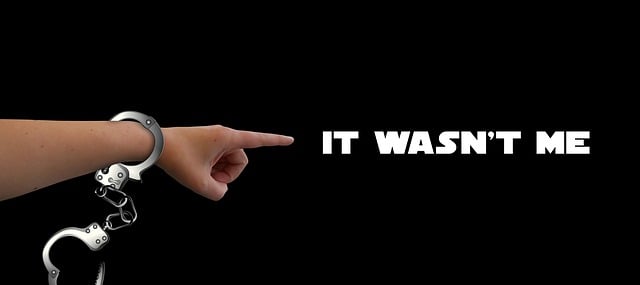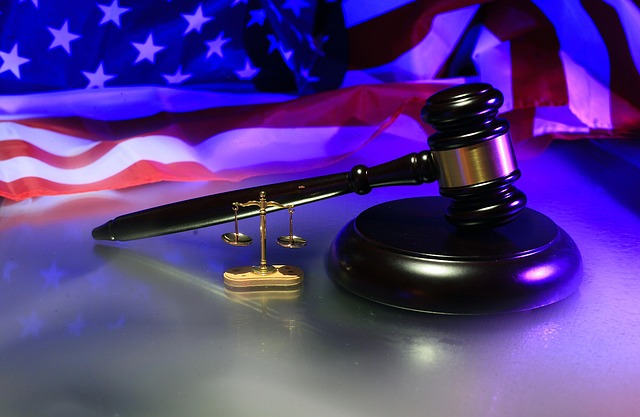C-Level investigations requiring meticulous forensic analyses to navigate complex legal landscapes, especially during jury trials for financial misconduct and fraud. Skilled attorneys scrutinize methodology, validity, and biases in forensic evidence, questioning admissibility and highlighting inconsistencies to influence jury decisions. This demands a deep understanding of both legal processes and forensic analysis complexities, crucial for successful white-collar defense strategies. Effective challenges require strategic reviews, gathering evidence, examining data collection methods, and leveraging expert opinions to present alternative explanations, ultimately protecting business interests.
In the intricate world of corporate investigations, C-level inquiries are pivotal in uncovering misconduct and holding executives accountable. This article explores the landscape of C-level investigations and their profound impact on legal proceedings. We delve into the significance of forensic evidence as a critical tool for justice, while also addressing challenges in presenting and disputing such evidence in court. Learn effective strategies to navigate these complexities and master How to Challenge Forensic Evidence in Court, ensuring fair outcomes in legal battles.
- Understanding C-Level Investigations and Their Impact
- The Role of Forensic Evidence in Legal Proceedings
- Challenges in Presenting and Challenging Forensic Evidence
- Strategies for Effectively Dispute Forensic Findings in Court
Understanding C-Level Investigations and Their Impact

C-Level investigations refer to high-stakes inquiries involving top-level executives and organizations, often centered around financial misconduct, fraud, or other white-collar crimes. These detailed forensic analyses are crucial in navigating complex legal landscapes, particularly during jury trials. By meticulously examining documents, digital evidence, and financial records at all stages of the investigative and enforcement process, experts can uncover critical insights that challenge or strengthen cases.
Understanding how to effectively present and challenge forensic evidence in court is paramount for successful white-collar defense strategies. Skilled attorneys must be adept at scrutinizing the methodology, validity, and potential biases inherent in such investigations. Knowing when to question the admissibility of certain evidence and how to highlight inconsistencies or errors can significantly sway jury decisions. Ultimately, navigating these intricate cases requires a deep understanding of both the legal process and the complexities of forensic analysis.
The Role of Forensic Evidence in Legal Proceedings

Forensic evidence plays a pivotal role in legal proceedings, providing crucial insights and often determining the outcome of cases, especially in C-Level investigations. This type of evidence, which includes physical and digital analyses, must be meticulously collected, preserved, and presented to ensure its admissibility and reliability in court. With advancements in technology, forensic experts can now uncover hidden details that may prove or disprove allegations, making their testimony invaluable during jury trials.
However, understanding how to challenge forensic evidence in court is essential for a general criminal defense strategy. Defendants have the right to question the methodology, validity, and potential biases of forensic analyses. This process involves scrutinizing the collection procedures, examining the tools and techniques used, and exploring whether any human error or bias might have influenced the results. By presenting alternative interpretations or identifying inconsistencies, defense attorneys can navigate complex legal landscapes and avoid indictment, ensuring a fair trial for their clients.
Challenges in Presenting and Challenging Forensic Evidence

Presenting forensic evidence in court can be fraught with challenges, especially when it comes to ensuring its admissibility and accuracy. In white-collar defense cases, where complex financial transactions and digital trails are involved, the process is even more intricate. One of the primary hurdles is the need to demonstrate the reliability and integrity of the evidence throughout all stages of the investigative and enforcement process. This includes verifying the chain of custody, ensuring data hasn’t been tampered with, and establishing the expertise of those handling and interpreting the evidence.
Challenging forensic evidence in court requires a strategic approach. Defense attorneys must scrutinize the methodology used to collect and analyze the evidence, question the qualifications of the experts presenting it, and highlight any potential biases or flaws in the process. Given the technical nature of forensics, effectively communicating these challenges to both the judge and jury is paramount. This involves translating complex procedures into understandable terms while emphasizing the importance of rigorous standards in order to maintain the integrity of the respective business interests at stake.
Strategies for Effectively Dispute Forensic Findings in Court

When facing forensic findings in court, a strategic approach is essential to challenge their validity. The first step involves meticulously reviewing the investigation process and gathering evidence that may cast doubt on the methodology or conclusions. This includes scrutinizing data collection methods, ensuring they adhere to industry standards and best practices, and identifying potential sources of bias or contamination. A comprehensive understanding of all stages of the investigative and enforcement process is crucial for building a compelling case.
Additionally, presenting alternative explanations and expert opinions can effectively counter the prosecution’s forensic evidence. Engaging experienced legal professionals who specialize in digital forensics or related fields is vital to constructing a strong defense. By employing these strategies, respective business entities can enhance their chances of winning challenging defense verdicts, ensuring justice and protecting their interests.
C-level investigations require a thorough understanding of forensic evidence and its presentation. Given the complex nature of these cases, effectively challenging forensic findings in court is crucial. By employing strategic approaches, including meticulous cross-examination techniques and expert witness testimonies, legal professionals can navigate the challenges associated with this type of evidence. Understanding how to challenge forensic evidence is essential for achieving just outcomes in C-level investigations.






